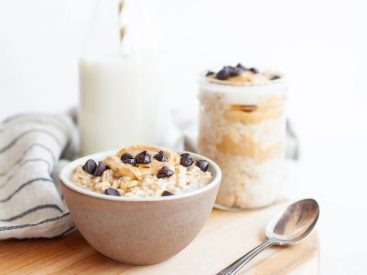White port, arrack, orange liqueur and white tea combine in this punchy update on the classic Jerry Thomas Five star: Hopper’s white ruby punch takes the traditional, five-ingredient punch as its starting point. The word punch has its origins in the Sanskrit panch , meaning “five”. Traditionally, a punch […]
Delicious!
Delicious!



